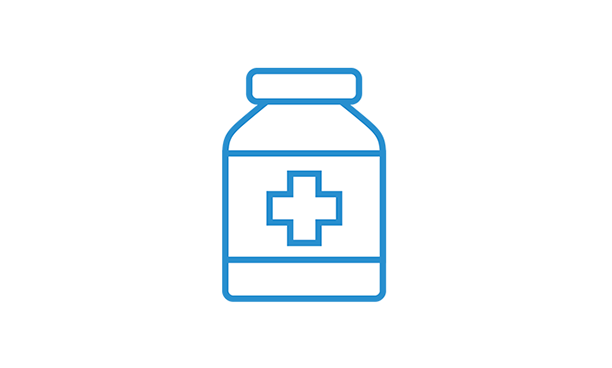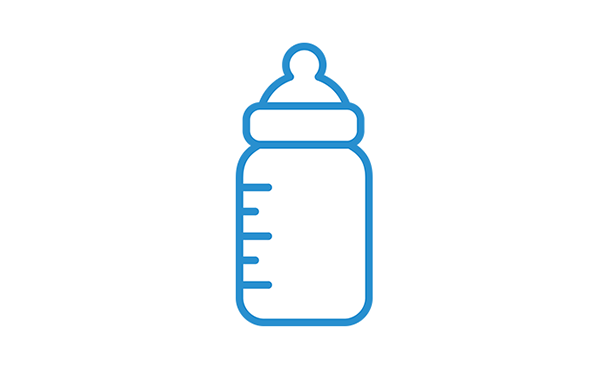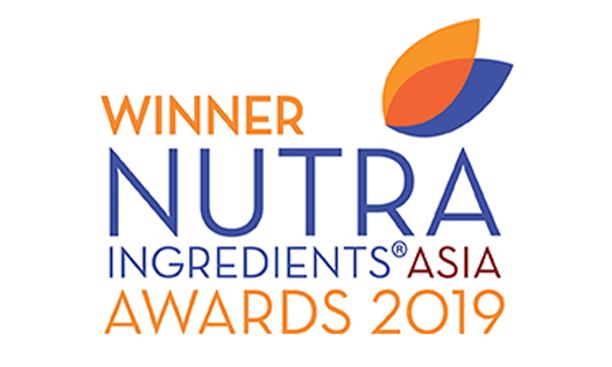B. breve M-16V
M-16V: Ideal Probiotic for Infant Health
Bifidobacterium breve is one of the predominant species present in the infant gut and is widely recognized for its beneficial roles in maintaining infant health. B. breve M-16V (designated as M-16V) has emerged as one of the best studied clinically effective probiotic strains that exert positive effects, particularly in infants, to support healthy growth and promote well-being.

- Human-Residential Bifidobacterium
- (Isolated from infant in 1963)
- Evidence-Based Safety
- (Genomic, toxicological, and clinical studies)
- Scientifically Backed Probiotics for Infant Use
- (Supported by more than 120 scientific studies [as of Sep. 2024] )
- Regulatory Approved
- (FDA notified GRAS status for foods and infant use in 2013, Included in the list of authorised probiotic strains for infant's food in China in 2016)
- Quality Assured
- (FSSC22000, HALAL, Kosher)
- Long History of Safe Use in Infants
- (For more than 40 years)
History of M-16V
1963
M-16V Discovery:Isolated M-16V from a healthy infant

1976
Launched "Vinelac" M-16V dietary supplement

1982
Launched "Yochien-Jidai" Growing Up Formula

1994
Used in neonatal intensive care units (NICUs) of the affiliated hospitals in Japan*

2004
Launched "Akachan no Bifidus" M-16V dietary supplement

2006
Launched Growing Up Milk Formula containing M-16V in Indonesia

2009
Launched Follow-Up Milk Formula containing M-16V in Indonesia

2012
Used in neonatal intensive care units (NICUs) of the affiliated hospitals in Australia*

2013
M-16V granted the GRAS (Generally Recognized As Safe) status for foods and infant use from U.S. FDA

2016
Included in the list of authorised probiotic strains for infant's food in China

2019
Winner of NutraIngredients Asia Infant Nutrition Ingredient of the Year Awards

*Such activity of providing M-16V as food to the NICU is conducted under the supervision of doctors.
Health Benefits of M-16V

Supplementation with M-16V is specifically beneficial at reducing the risk of allergic disorders in infants as well as protecting the vulnerable preterm infants against premature birth complications such as necrotizing enterocolitis (NEC) and sepsis. M-16V has been demonstrated to promote early gut microbial colonization as a means to support healthy growth and to shape a healthy gastrointestinal and immune system. M-16V may involve in the regulation of immune balance and inflammatory response to protect high-risk infants from NEC and allergy.
Global Use of M-16V

The administration of M-16V to low or extremely low birthweight infants is clinically shown to be effective at promoting the establishment of bifidobacteria-predominant gut microbiota and protecting newborns from the risks of necrotizing enterocolitis (NEC) and sepsis. Since 1994, M-16V has been offered to more than 150 neonatal intensive care units (NICUs) and pediatric departments of the affiliated hospitals in Japan to support healthy growth of babies. In 2012, M-16V has also been used in the NICUs in Australia and more recently, it has been introduced at NICUs in New Zealand and Singapore. Such activity of providing M-16V as food to the NICU is conducted under the supervision of doctors. Morinaga Milk will continue its efforts to provide M-16V to the babies and children all over the world as a means to support healthy growth.
Regulation
Legislation can be varied by country when it comes to specific dosage and potential health claims of each strain.
Our regulatory team can help and advise you as to the appropriate individual markets permit. Morinaga Milk's global regulatory experts are located in all major regions. We are committed to deliver expert advice and practical solutions in order to optimize your company's success.
